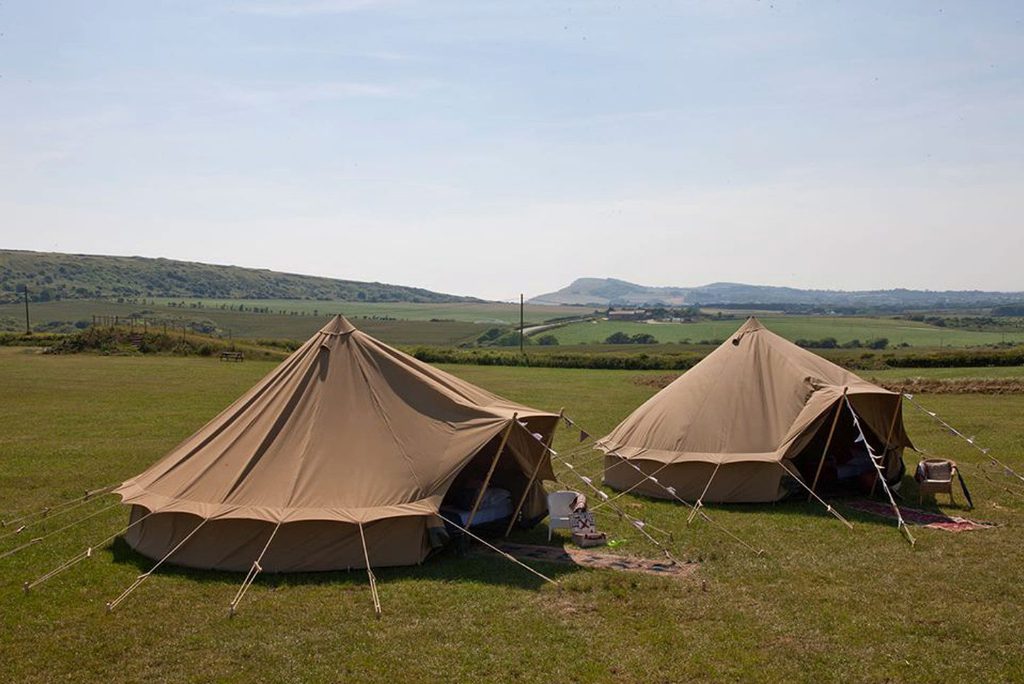Skift Take
Here's a bright ray of positivity in a gloomy time. Howzat is raising a big fund, and it plans to make roughly half of its investments in travel and transportation startups.
The pandemic is raising the hurdles for entrepreneurs launching travel startups. Yet that hasn’t deterred venture capital firm Howzat Partners. The firm expects to raise up to $120 million (€100 million) for a new fund that will invest in travel startups and other digital businesses.
Howzat, based in Luxembourg, has been a prolific investor in young companies that are often not showing revenue yet. Half of its current 62 active portfolio companies are in travel (26 startups) and transportation (5 startups). Howzat has vied with Plug and Play, Global Founders Capital, Gobi Partners, 500 Startups, and Caixa Capital Risc as to be among the most prolific investors in travel technology globally, according to research firm CB Insights.
Howzat intends for its new fund to have a similar weighting in travel.
“Our view is this is a good time to raise a fund,” said David Soskin, a partner and co-founder. “That’s what you want to do as an investor. You want to be counter to general trends. A lot of investors are frightened of travel right now. They regard it as a big black hole. We’re not like that. We’ve developed an understanding of what works and what doesn’t work.”
Howzat’s most profitable investment, Trivago, had a $1 billion valuation when the firm exited and Expedia took a majority investment in 2012.
Howzat said last week it had merged with the consultancy Ennea, which will provide advice to the portfolio companies and other businesses. Ennea’s leader Jan-Frederik Valentin used to be Kayak’s managing director and senior vice president in Europe. Valentin will co-run the new Howzat fund. He’ll join Howzat co-founders and partners Soskin, the former boss of Cheapflights, and Sascha Hausmann, the CEO of BusyRooms.
Missing from the picture is Hugo Burge, the former CEO of online travel brand Momondo who co-founded Howzat in 2006. Burge has left the building. He’s working on a new fund, Marchmont Ventures, that aims at “building sustainable creativity,” and he’s turning Marchmont House — a Palladian mansion in Greenlaw, Scotland — into a home for creators.
Focusing on Early-Stage Startups
Seed financing — the earliest stage of startup investing — has become harder to raise in general this year. For example, the database PitchBook and the U.S. National Venture Capital Association counted 886 seed investments in the first half of this year in the U.S., a nearly 40 percent drop year-over-year. Yet late-stage deals are matching last year’s numbers.
Howzat’s new fund will write checks of an average size of about $650,000, roughly double its typical investment stake until now.
Howzat’s new fund reflects the venture-capital firm’s ambition to balance placing smaller bets on young startups and making follow-on investments in companies that gain traction. Howzat hasn’t, until now, had the capital to take part in many Series B or later rounds, so it intends to use some of the new funding for that purpose.
“It was heartbreaking to see startups we had invested early in go on to raise large rounds we couldn’t take part in,” Soskin said. “For example, we had invested in Spotahome [a booking site for residential apartments] when it only had made €500 in revenue, but later its revenue really soared and it raised in 2018 a round led by [top-tier investment firm] Kleiner Perkins.”
Startup Resilience Despite the Crisis
Howzat says it hasn’t lost any of its travel-focused portfolio companies due to the pandemic’s revenue crunch yet.
A few of its investments are even doing better this year than last year, including Spain-based startups Glamping Hub, a booking site for distinctive outdoor accommodations, ByHours, a booking site for hotel space by the hour, and Lodgify, a maker of vacation rental software.
One of Howzat’s portfolio companies whose prospects look most promising to Soskin’s eyes is Impala, a software service that offers data about hotel rooms. Impala raised $20 million in Series B funding earlier this year.
Interest in Fostering Diversity
Howzat said it is conscious of the value of diversity.
“We support founders of many different ethnicities and nationalities as well as female founders – and we will continue to do so with our new fund,” Soskin said. “It may be worth pointing out that there is one minority group which too often gets overlooked in the travel sector, namely those with disabilities and special needs.”
Soskin said his firm is “particularly proud” to have backed Malmo-based Handiscover whose mission is to enable people with disabilities and special needs to find travel accommodation adapted to their needs.
Pragmatic View
Yet despite his upbeat talk, Soskin acknowledges that he and his partners don’t want to bet all their new capital on travel.
“When I first joined the travel sector at Cheapflights, I discovered that it’s a very conservative industry and very reluctant to make changes,” Soskin said. “So travel startups face a bit of an uphill battle.”
“We have a temptation to invest only in travel startups because it’s a sector our team knows very well,” Soskin said. “But the danger of investing in only one sector is that you get groupthink [among the sector’s thought leaders.]. We find that investing eclectically outside of travel gives us fresh insights into trends, which we can then draw lessons from for our travel investments, and vice versa.”
The Daily Newsletter
Our daily coverage of the global travel industry. Written by editors and analysts from across Skift’s brands.
Have a confidential tip for Skift? Get in touch
Tags: startups, startups europe, venture capital
Photo credit: Furnished "eco safari" tents on the Isle of Wight in the UK, verified by Glamping Hub, a travel startup backed by Howzat Partners. Glamping Hub
